
Join 10k+ people to get notified about new posts, news and tips.
Do not worry we don't spam!

Post by : Anis Farhan
Dubai is preparing for a revolutionary shift in 2025, with ambitious initiatives aimed at reshaping the city into a sustainable, tech-driven urban hub. From introducing stringent bans on single-use plastics to fully digitizing Nol cards for seamless transportation and launching advanced smart infrastructure, these changes are set to redefine the experience for residents and visitors alike. The city is on track to achieve its sustainability and smart city objectives while enhancing quality of life and operational efficiency across key sectors.
One of the most impactful changes coming in 2025 is the complete ban on single-use plastic products, a policy designed to significantly reduce environmental pollution and safeguard marine ecosystems. Dubai authorities have long championed sustainability, but the upcoming enforcement marks a major milestone in the city's commitment to a greener future. From plastic shopping bags to disposable cutlery and straws, businesses and individuals will need to transition to reusable or biodegradable alternatives.
This initiative aligns with global environmental movements and responds to mounting concerns about plastic waste, which contributes heavily to landfill overflow and marine damage. For consumers, the adjustment will involve adopting reusable shopping bags, metal or bamboo cutlery, and glass or aluminum containers. While businesses may face initial adaptation challenges, the long-term benefits include cost savings and enhanced brand image for embracing eco-conscious practices.
Another key development is the complete transition from physical Nol cards to a digital-first system. Nol cards, widely used for accessing Dubai’s metro, tram, and bus services, will now be integrated into a smartphone-based digital platform. This means commuters can simply use their smartphones or wearable devices to tap in and out of the transportation network, reducing the need for physical cards.
The shift to digital Nol cards is not just about convenience; it is part of Dubai’s larger plan to create a paperless, cashless society. By enabling contactless, real-time transactions, the move aims to streamline public transport usage, improve efficiency, and minimize the environmental impact associated with producing plastic cards. Moreover, the integration of Nol services into apps will allow users to recharge balances online, track journey histories, and even receive personalized offers and rewards.
In 2025, Dubai will also witness the rollout of advanced smart public infrastructure designed to make the city safer, more efficient, and citizen-centric. This includes AI-driven traffic management systems, smart energy grids, and sensor-based waste collection networks. Roads will feature intelligent signaling systems capable of adapting to real-time traffic conditions, reducing congestion and enhancing commuter safety.
Public spaces are expected to incorporate smart lighting systems that adjust brightness based on human activity, reducing energy wastage while improving security. Similarly, the introduction of automated waste bins equipped with sensors will alert municipal services when they require emptying, improving cleanliness and reducing operational costs. Together, these developments will help Dubai maintain its global reputation as a model smart city.
These transformative policies are expected to create ripple effects across various industries. Retail businesses will need to eliminate plastic bags from their operations, potentially introducing alternative solutions like paper or cloth bags. Restaurants and cafes will be required to phase out plastic packaging and switch to eco-friendly materials. Compliance with these changes will not only avoid penalties but also position brands as leaders in sustainability, a trait increasingly valued by modern consumers.
On the transportation front, businesses reliant on employee travel can expect smoother operations as digital Nol cards improve commuting efficiency. For residents, these measures promise greater convenience, reduced environmental impact, and a better quality of urban life.
The initiatives coming into effect in 2025 align with Dubai’s strategic goals under the UAE’s Green Agenda 2030 and Smart Dubai 2025 vision. By banning single-use plastics, the city aims to reduce its carbon footprint and promote sustainable consumption habits. Digitalizing public transport services complements the push toward a cashless economy, while smart infrastructure strengthens urban resilience and operational efficiency.
Dubai’s leadership recognizes that sustainability and technology are the cornerstones of future-ready cities. Through these reforms, the emirate is not only enhancing livability but also ensuring economic competitiveness in a rapidly evolving global landscape.
Recognizing the need for widespread behavioral change, Dubai authorities plan to launch intensive public awareness campaigns in the coming months. Educational initiatives will inform residents and businesses about the new plastic ban regulations and provide practical tips for adapting to sustainable practices. Similarly, tutorials and support channels will be offered to help commuters transition smoothly to digital Nol systems.
The government is also collaborating with private companies and startups to accelerate innovation in green alternatives and smart technologies. This collaborative approach ensures that businesses are not left behind and citizens have access to affordable, sustainable solutions.
While the new measures are widely regarded as progressive, they do present challenges. Businesses must invest in sustainable materials, while individuals may need time to adjust their daily habits. Digital Nol adoption requires robust cybersecurity measures to protect user data. Additionally, implementing smart infrastructure demands significant capital expenditure and ongoing maintenance.
However, these challenges pale in comparison to the opportunities. Companies that embrace change early will benefit from enhanced customer trust and regulatory advantages. For Dubai, the initiatives promise cleaner environments, reduced congestion, and improved public services—critical components of a world-class city.
The information presented in this article is intended for general informational purposes only. While every effort has been made to ensure the accuracy and reliability of the content, we do not guarantee completeness or timeliness. Readers are encouraged to verify details and seek professional advice before making decisions based on this information. The opinions expressed are those of the author and do not necessarily reflect the views of any associated organization or platform.

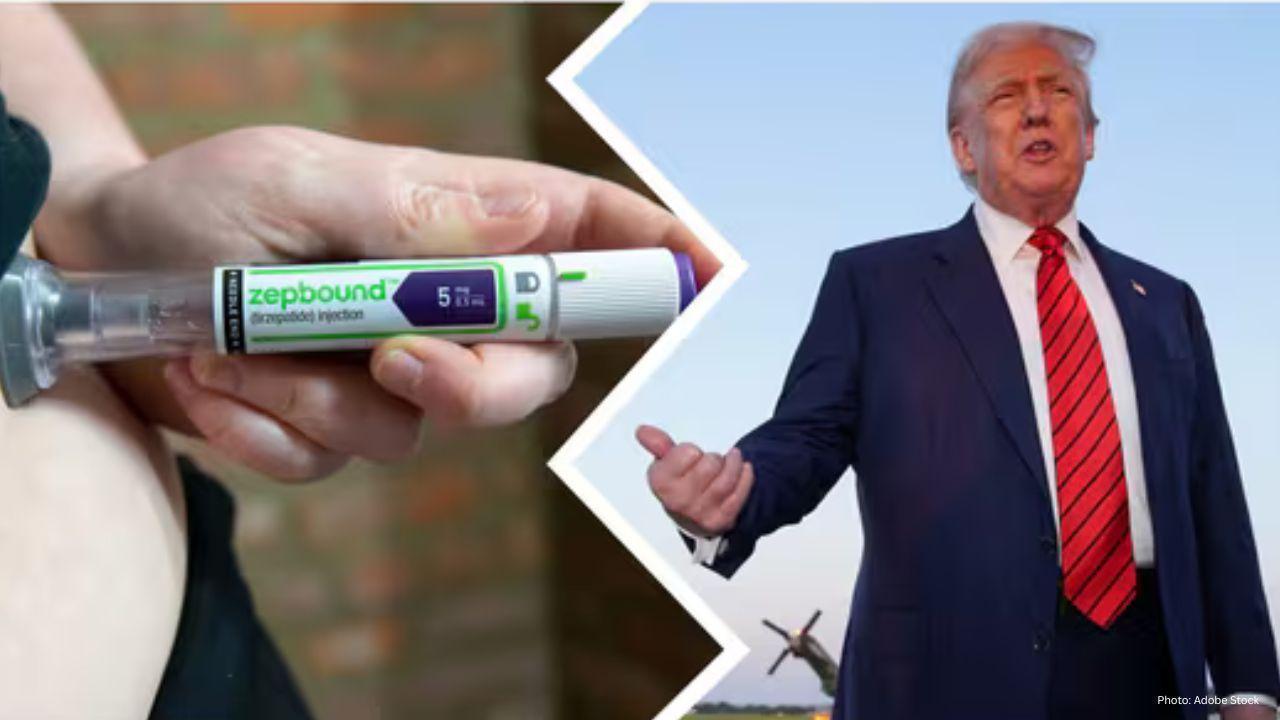


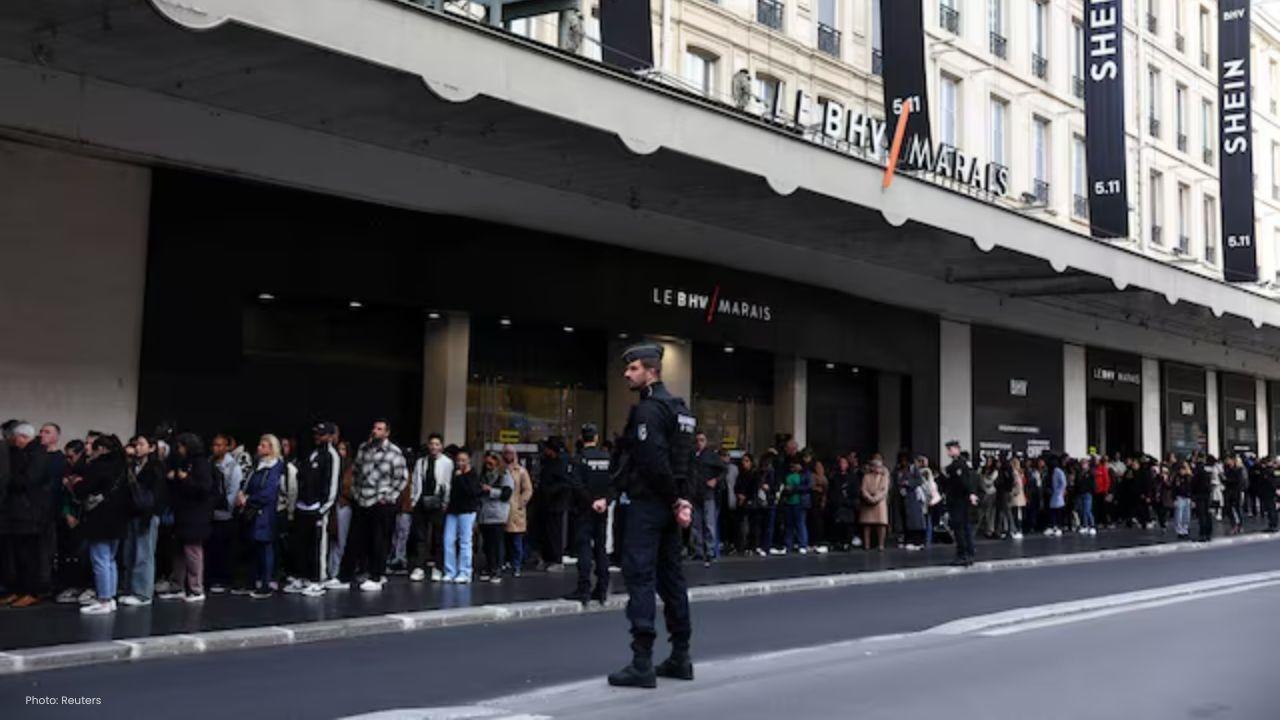
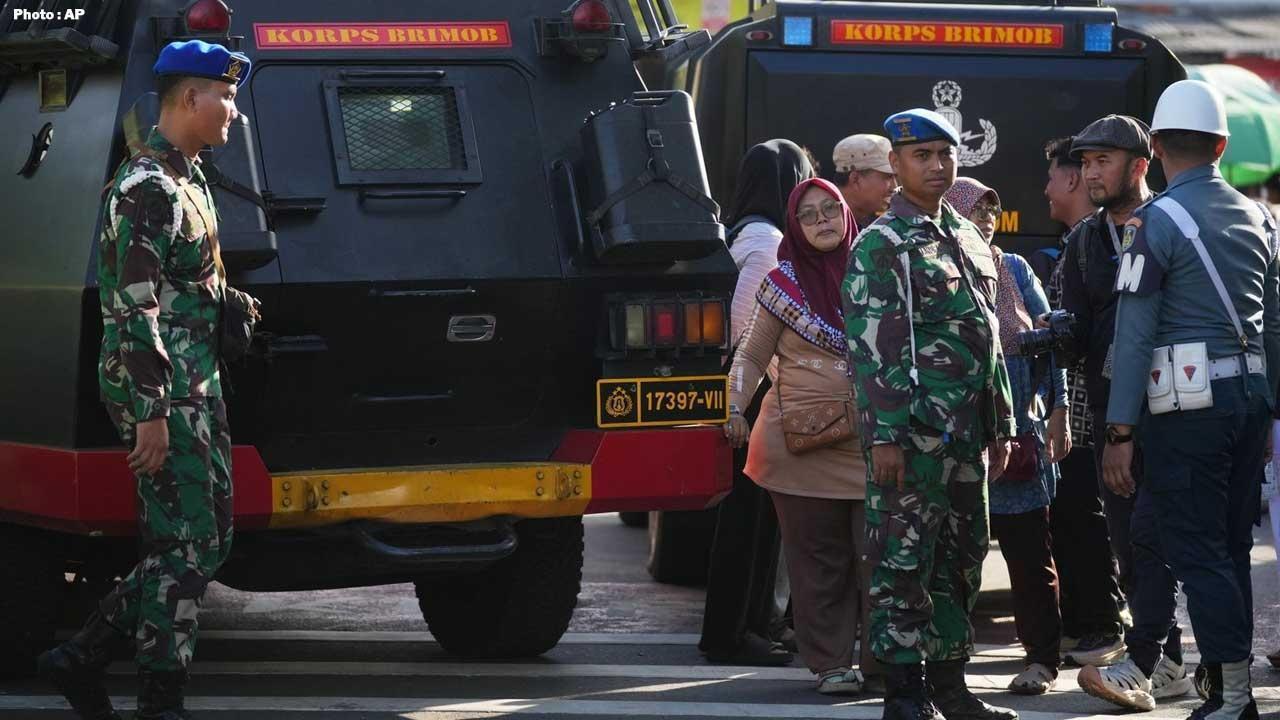
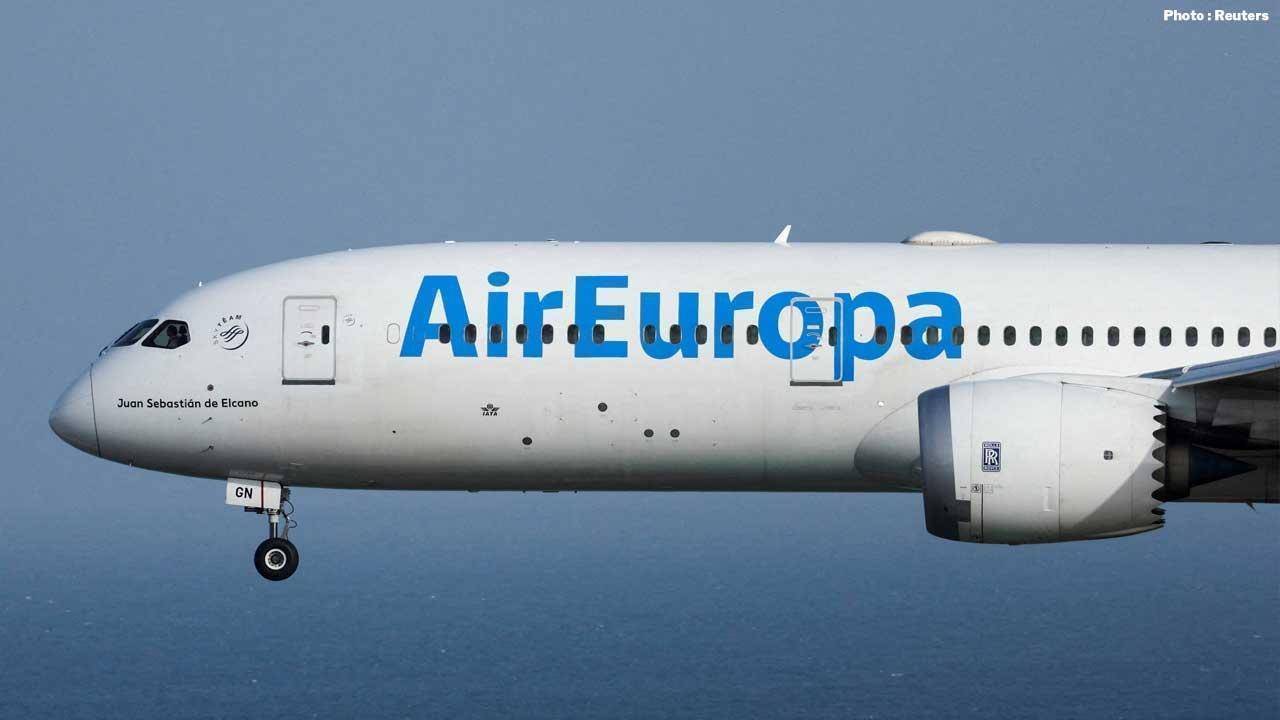
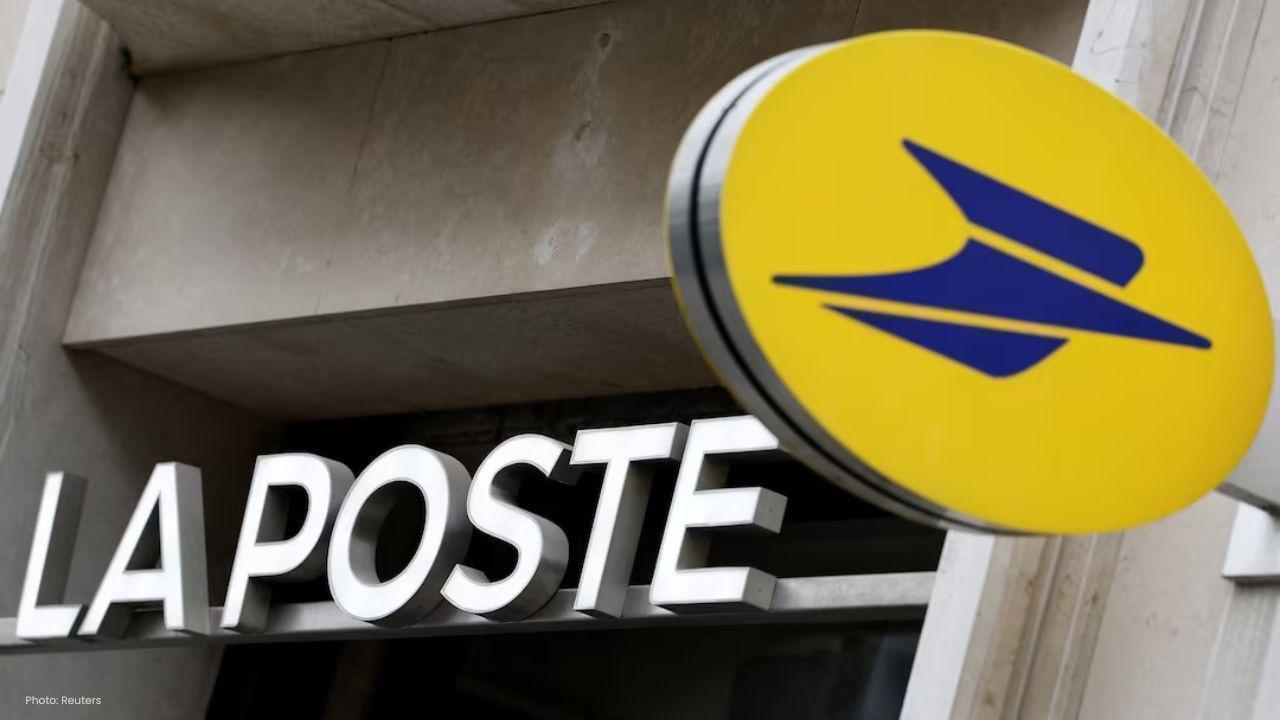

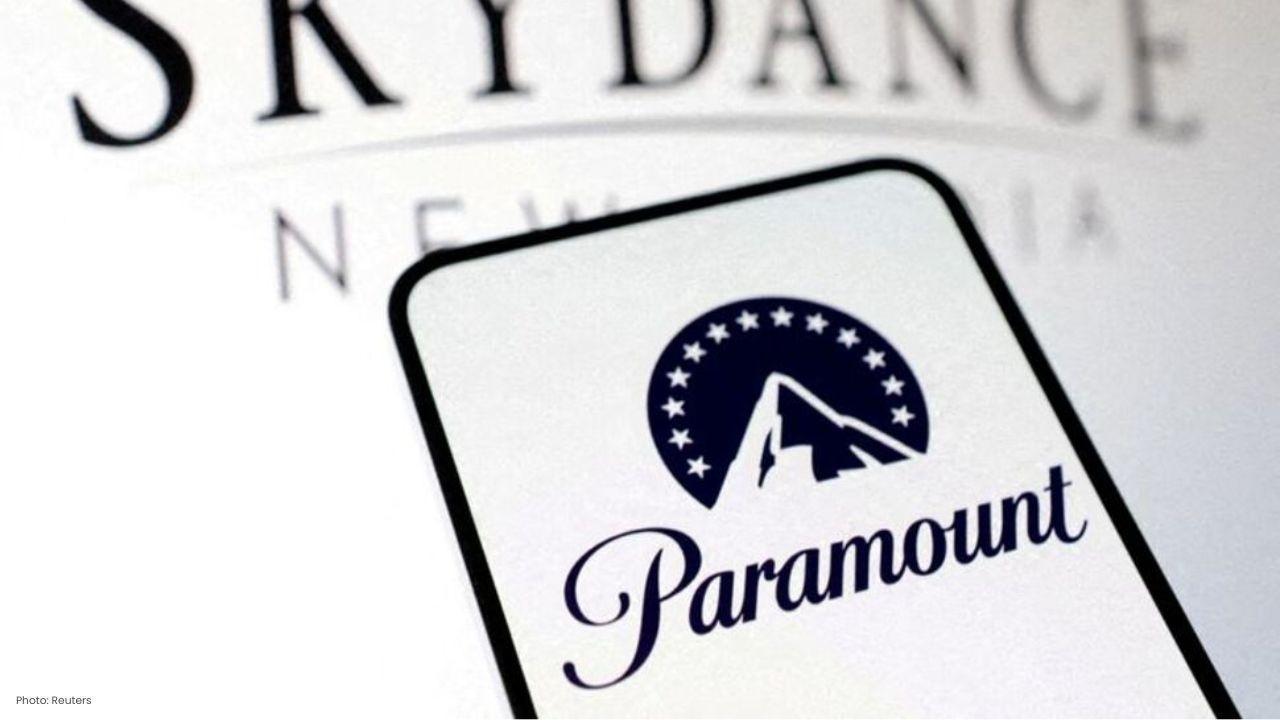
Paramount+ to Stream PBR’s 'Unleash the Beast' in New Five-Year Deal
Paramount+ will stream PBR’s 'Unleash the Beast' across the U.S. starting this December under a five

Zohran Mamdani Clinches NYC Mayoral Seat as Victory Speech Blends Politics and Bollywood
Zohran Mamdani won New York City's mayoral race, becoming the city's first Muslim and South Asian ma

India Wins First Women’s World Cup 2025 Title
India lifts its maiden Women’s World Cup 2025 title! Harmanpreet Kaur’s team stuns South Africa in a
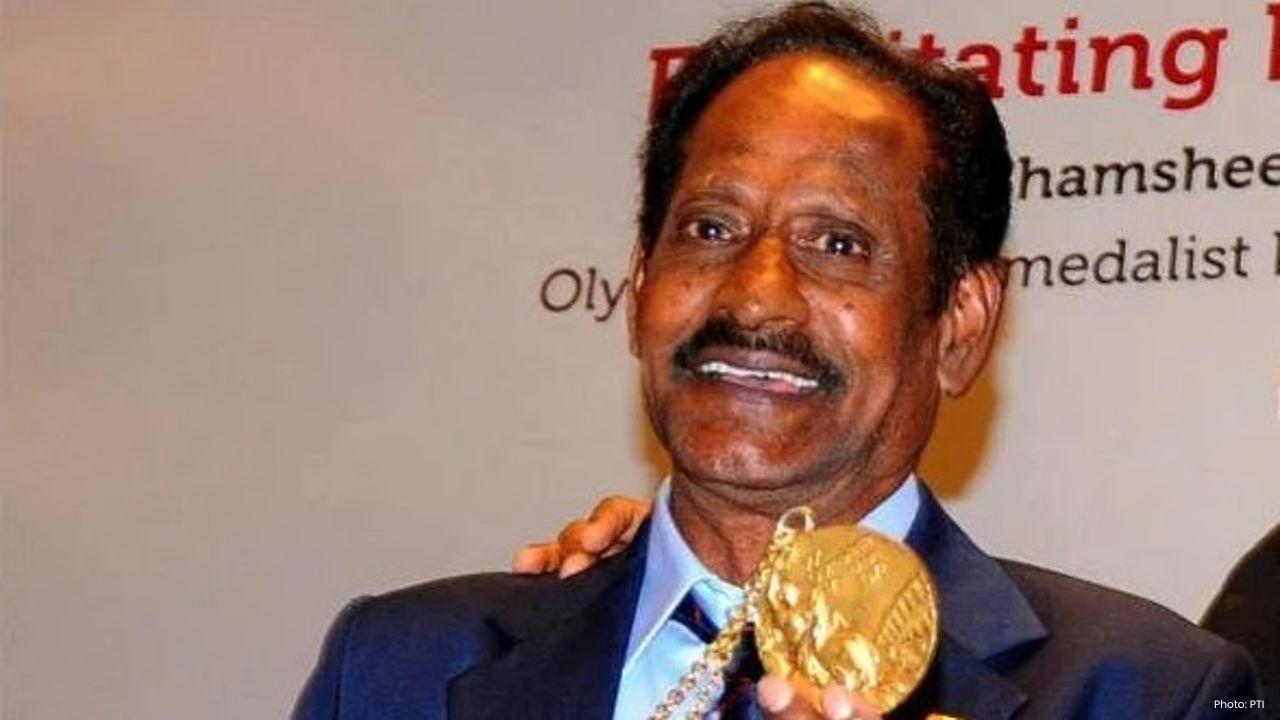
Manuel Frederick, 1972 Olympic Bronze Goalkeeper, Dies at 78
Manuel Frederick, a member of India’s 1972 Olympic bronze hockey team, has died in Bengaluru at 78 a

Muhammad Hamza Raja Wins IFBB Pro Card Puts Pakistan & UAE on Global Stage
Pakistani bodybuilder Muhammad Hamza Raja earns IFBB Pro Card in Czech Republic, showcasing Dubai’s

Shreyas Iyer’s Recovery Underway After Spleen Laceration in Sydney ODI
Shreyas Iyer is recovering after a spleen laceration sustained while taking a catch in the Sydney OD